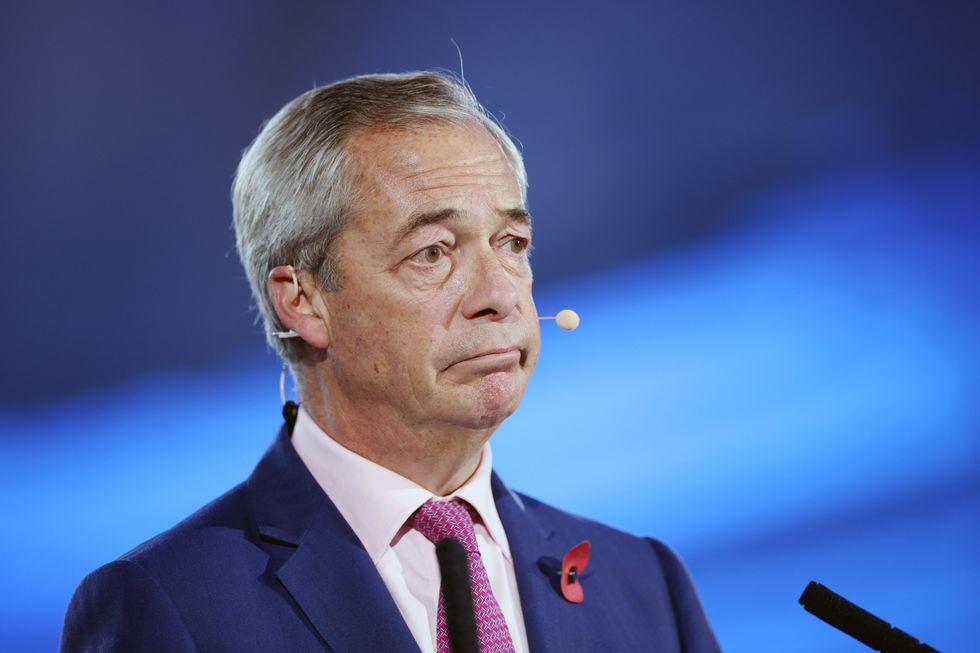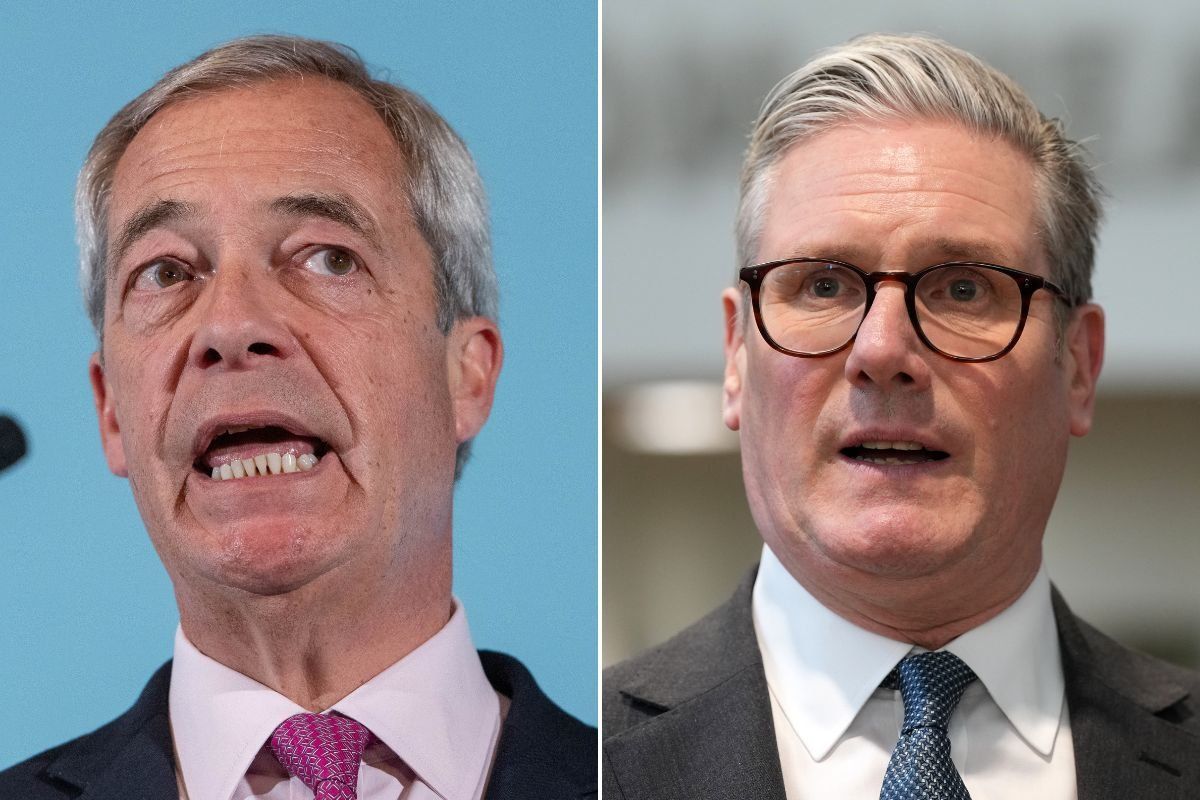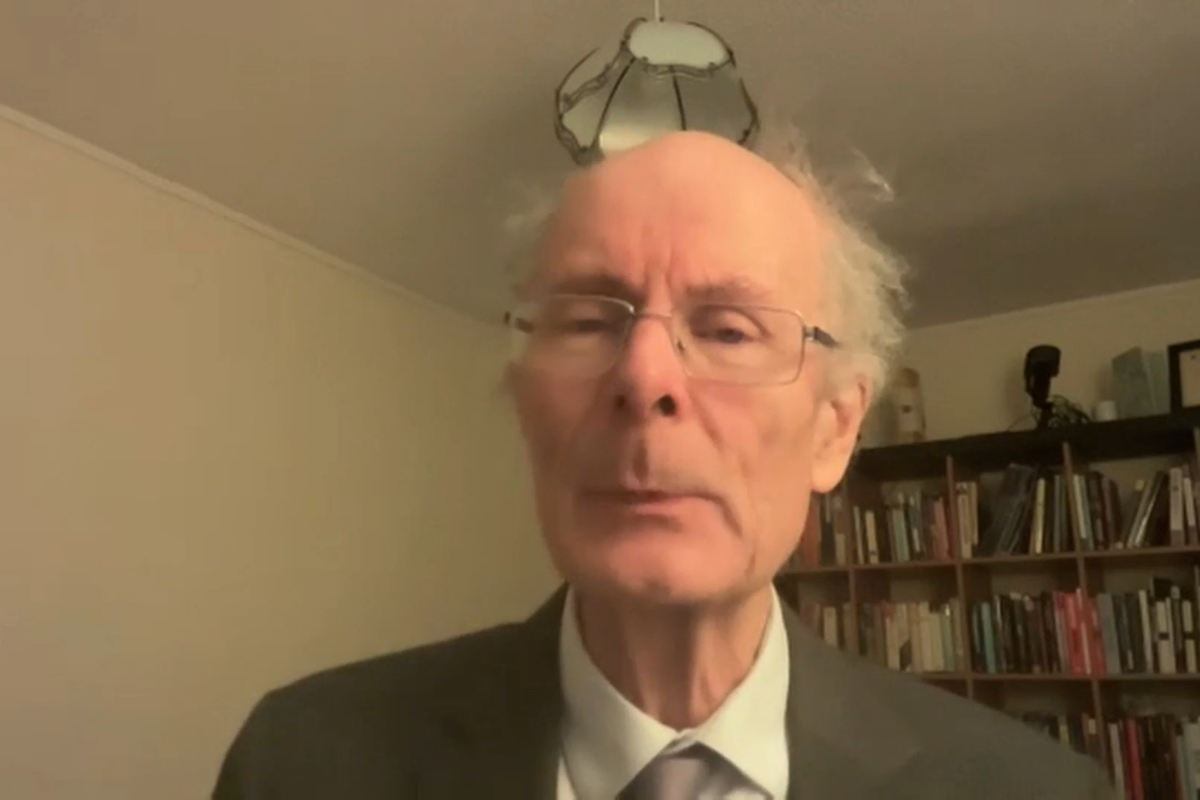Nigel Farage and Reform UK are riding high in the polls, holding a commanding 33 per cent lead over Labour’s 20 per cent.
One would therefore be forgiven for thinking Reform is all but set to enter Government. However, the latest data unveils a trap which Nigel Farage’s party must address ahead of the next general election.
Most recent figures show the Reform is continuing to storm ahead in the polls, increasing its share by three points against Labour’s stagnating, unchanged results.
Mr Farage also enjoys a three-point lead over Prime Minister Sir Starmer on who would make a better leader for the country.
It comes amid record unpopularity for Sir Keir and Chancellor Rachel Reeves, with over half of Britons calling for them to step down, according to research from Opinium published on November 8.
Yet, it would be wrong to assume Reform therefore has an easy ride of it as the UK comes to terms with a new “unprecedented” political reality.

The polling popularity trap
The truth beyond headline-grabbing data on Reform’s polling dominance is that their success is relative.
“Nobody is popular because all parties are minorities now,” polling guru Sir John Curtice told GB News.
Sir John explained that any reference to historical precedent which may suggest Reform’s polling lead equalled a government in waiting could no longer be applied.
“We are in a world of five-party fragmentation at the moment, so therefore everybody is going to be unpopular because nobody commands the majority of the election or anything close to them,” the polling expert detailed.
The latest net approval ratings on party leaders from Opinium demonstrate Sir John’s analysis more clearly.

Sir Keir’s net approval remains at a dismal -45 per cent, while Mr Farage, a usually more divisive figure, has maintained a low -10 per cent.
Tory leader Kemi Badenoch holds a poor -17 per cent, while the Lib Dem and Green Party, Ed Davey and Zack Polanksi, also found themselves in the negative.
Pollster George Buchan concurred with Sir John’s analysis, explaining that: “Levels of cynicism about politicians are very high.”
“You hear in focus groups again and again that people don’t feel that they can trust any politician.
“It’s almost baked in that people expect to be let down by politicians at this point,” Mr Buchan told The People’s Channel.

How can Reform avoid the trap?
Analysing Reform’s predicament, Sir John Curtice observed that: “The party is heavily reliant on a niche market – those who voted for Brexit in 2016.
“Support for the party strands is at over 50 per cent among those who voted Leave. But fewer than one in ten Remain supporters support the party,” he told GB News.
The polling guru pointed out that Reform’s core campaigning issues were extremely popular among their natural base but often struggled to make headway elsewhere.
“While concern about immigration has grown in the wake of the record levels of recent years, still only around one in three say that immigration is bad for the country’s economy and its cultural life.
“Reform’s stance on these ‘culture wars’ issues has been enough for it to win a third of the country. Nevertheless, the market for its current messaging is limited, Sir John said.
“To broaden its appeal, the party will have to start talking to voters across a wider terrain, including not least on the economy. That, after all, is an issue that concerns everyone,” the expert advised.
Our Standards:
The GB News Editorial Charter







Follow